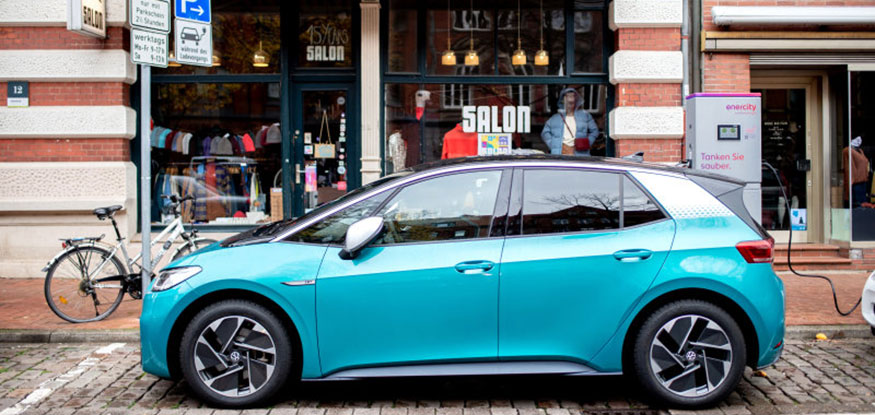The bloc had about 615,000 such vehicles at the end of 2019, according to the European Automobile Manufacturers’ Association.
They are powered by fewer than 250,000 public electric vehicle charging points, which must rise to 3 million by 2030 to meet the green goals, according to a report by Eurelectric - which represents national electricity associations and leading companies - and Ernst & Young (EY).
Expanding the charging infrastructure will require 20 billion euros for public chargers and 60 billion euros for private ones, the report said.
That rollout is currently “well below target”, it added, echoing concerns raised by auto industry groups.
The power industry group said by 2030 the EU will have 10.5 million electric vehicles in fleets operated by companies or public authorities. Europe’s 63-million-strong vehicle fleets today include only 420,000 electric vehicles.
Surging e-commerce amid the coronavirus pandemic has added fresh impetus to a race to develop electric vans and trucks, as there are relatively few models available today.
Eurelectric also called for the EU to impose mandatory requirements for carmakers to sell zero-emissions vehicles. The EU has used CO2 emissions standards for cars to promote electric vehicle sales in recent years, and later this year will propose tightening those standards to speed the shift to clean transport.


















